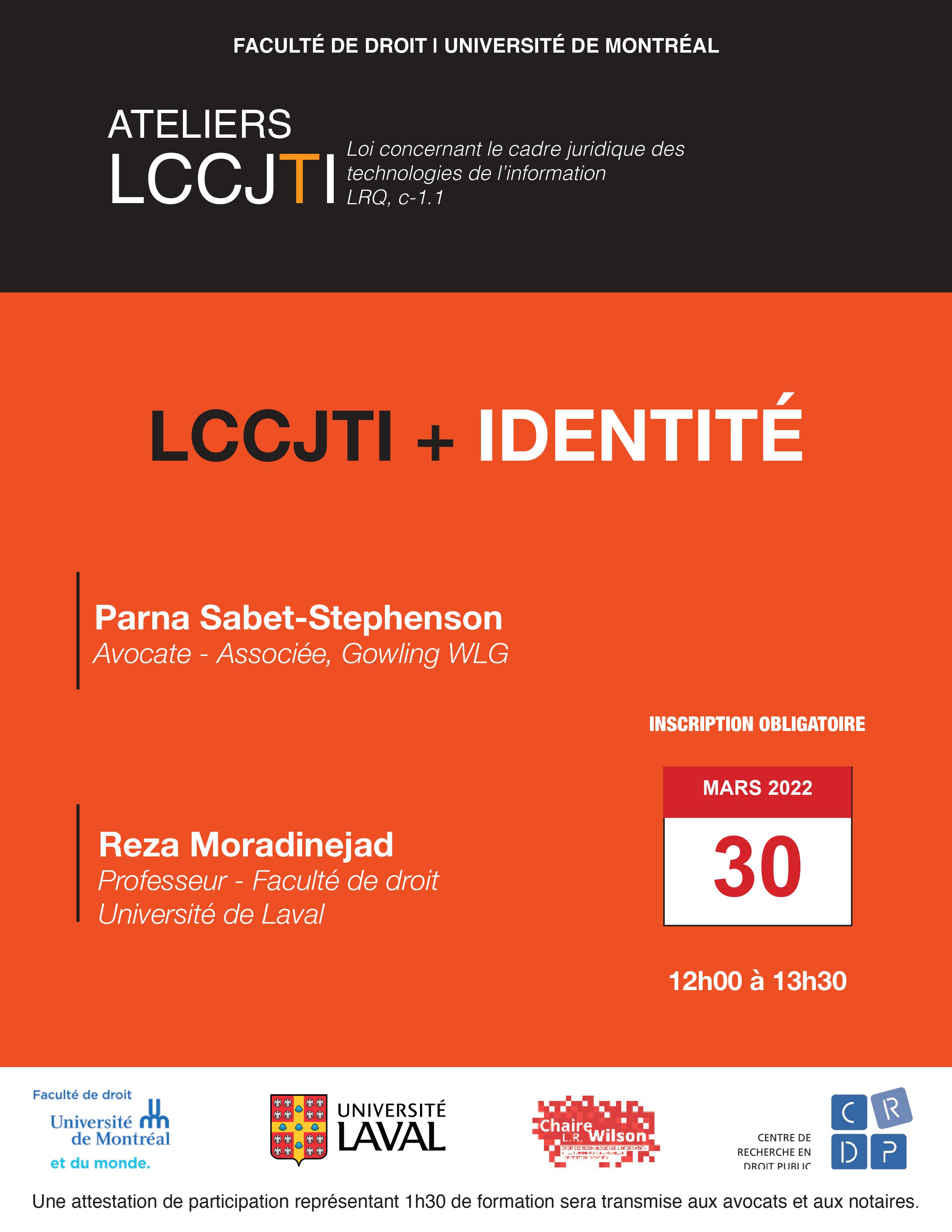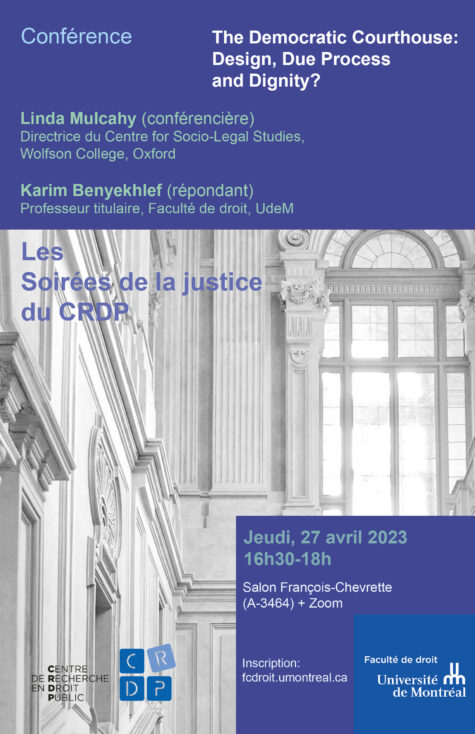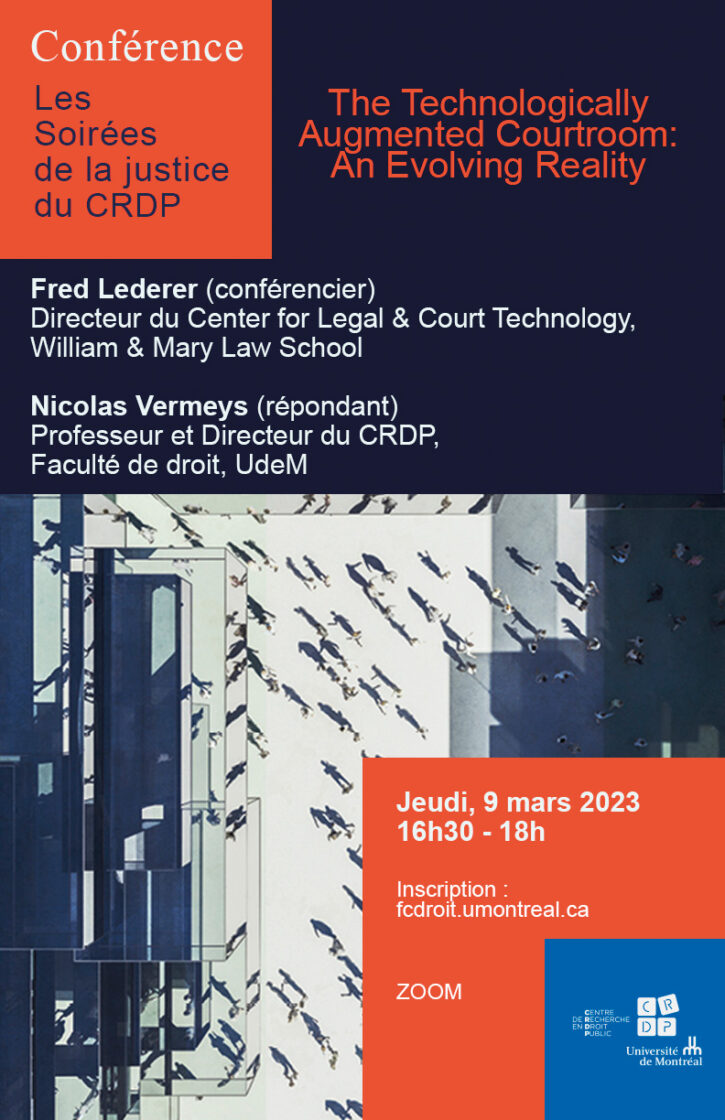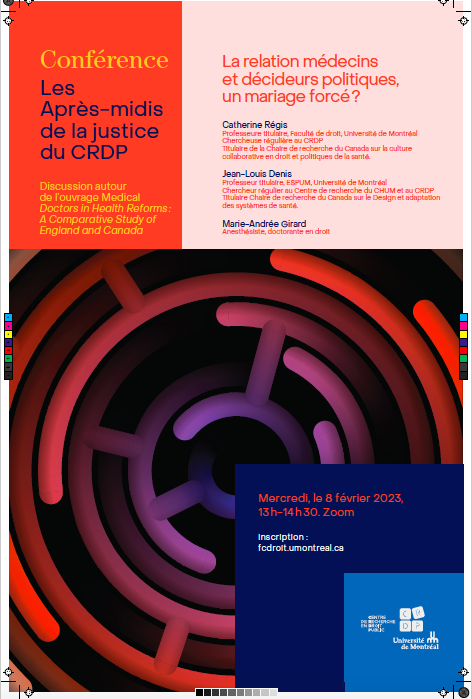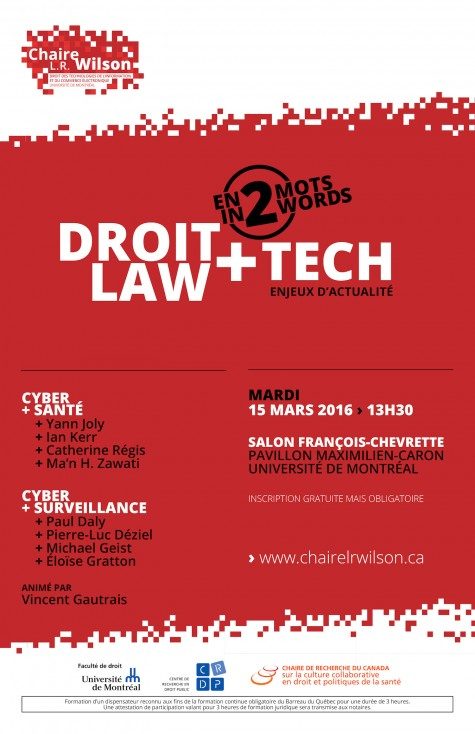 Cybersurveillance and privacy
Cybersurveillance and privacy
One cannot and should not think of cybersurveillance without thinking about protection of privacy, and vice-versa. But what is the relationship between these two concepts, those two practices? More than often, we think of protection of privacy and cybersurveillance has conflicting interests, has if they were both engaged in some sort of zero-sum game. This leads to the notion that privacy and surveillance (or individual freedom and collective security) has to be balanced against one another. There are some cases where this is actually what has to be done, cases were privacy and surveillance are incompatible (FBI v Apple). By drawing on the example of syndromic surveillance of infectious diseases and the use of personal health information, I will demonstrate that there are cases where protecting privacy and conducting efficient cybersurveillance activities is possible and desirable. I will then conclude that, as jurists, we ought to distance ourselves from this reflex of viewing privacy and cybersurveillance as necessarily conflicting and mutually exclusive concepts.













